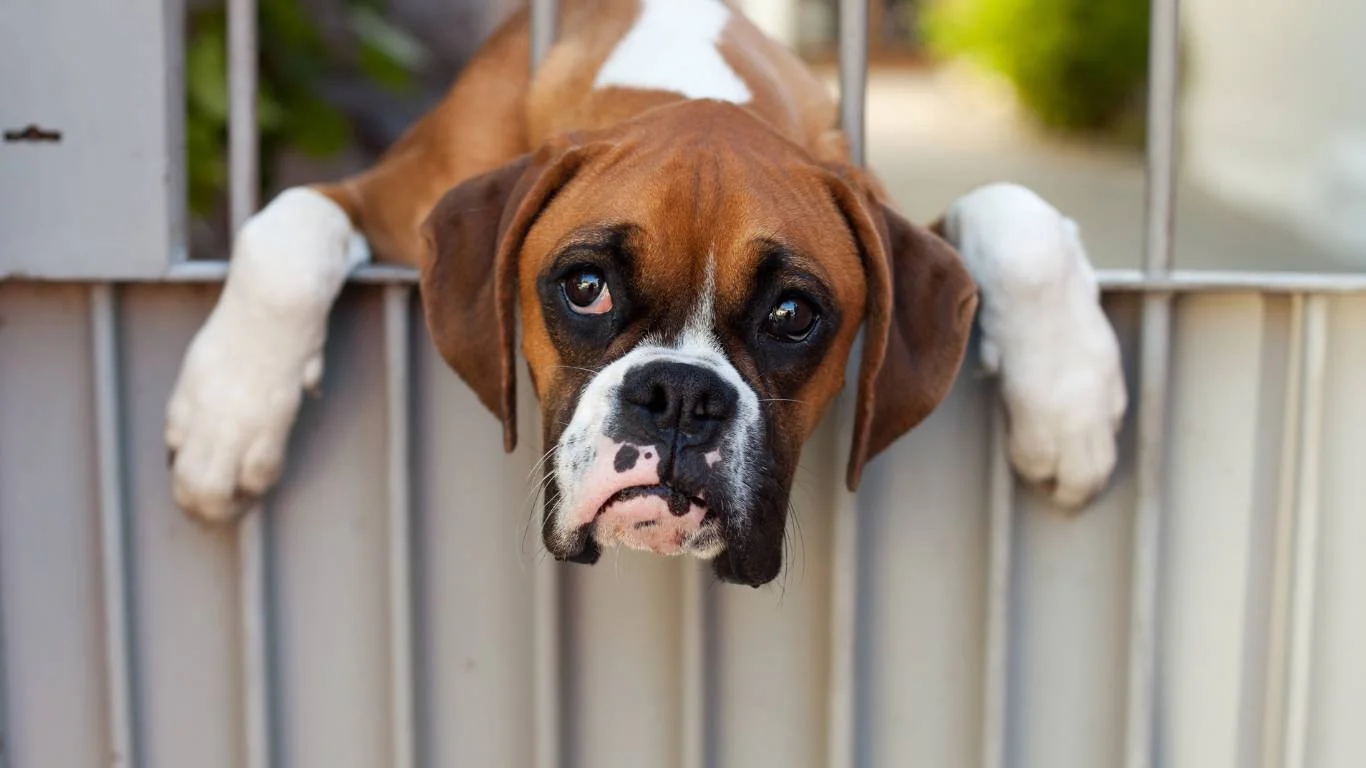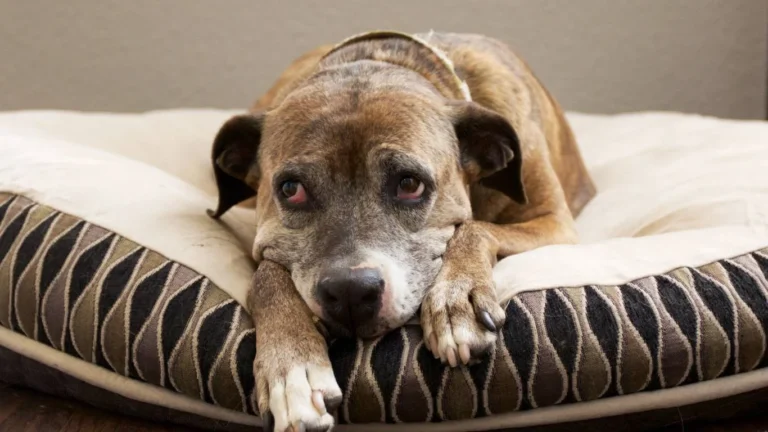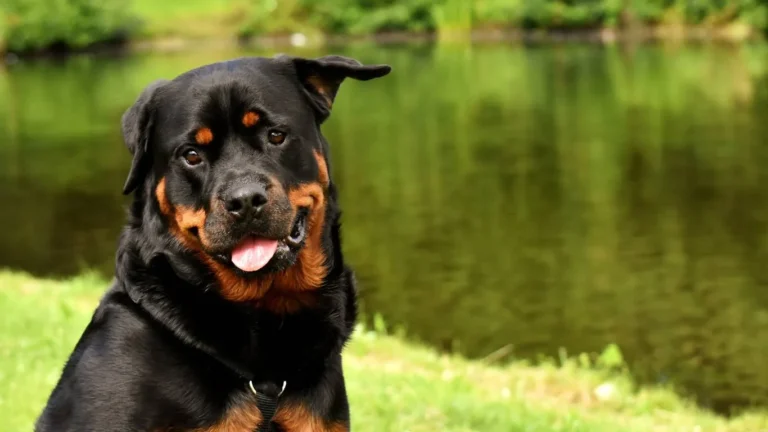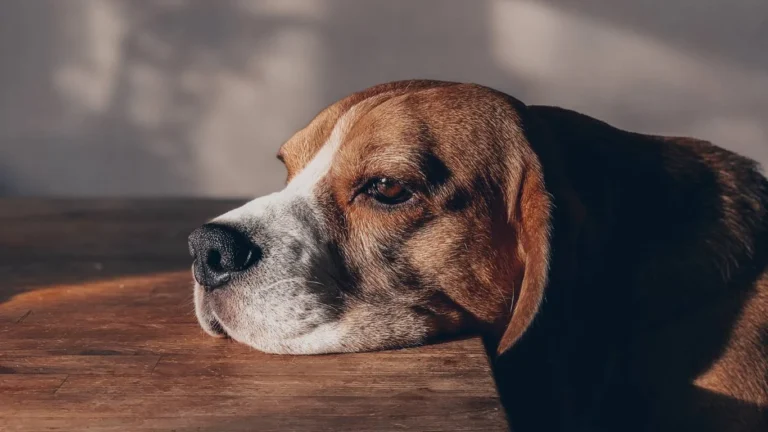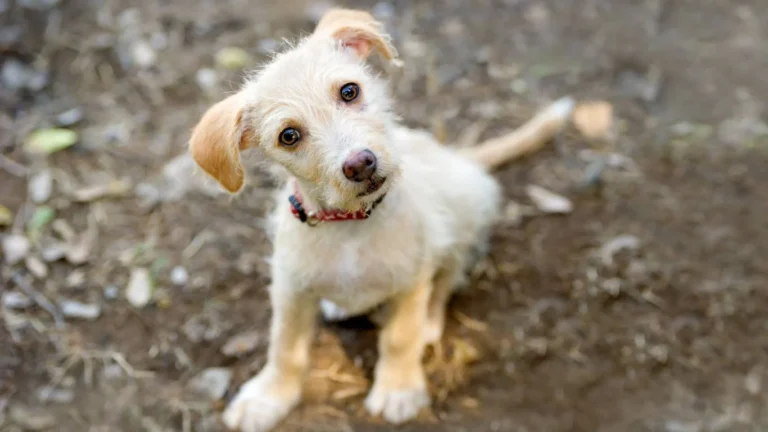What to Do If Your Dog Gets Soap in Their Eyes: Quick Solutions for Irritated Eyes
We’ve all been there—bathing our dogs and trying to get them clean, only to accidentally get some soap in their eyes. It’s one of those moments where your dog starts shaking their head, and you instantly feel bad for them. But don’t worry, it’s a fairly common accident, and the good news is, there’s plenty you can do to help your dog feel better quickly. So, what do you do if your dog gets soap in their eyes? Let’s dive into the steps you can take to ease your dog’s discomfort and prevent any further issues.
What to Do Immediately If Your Dog Gets Soap in Their Eyes
When your dog gets soap in their eyes, the first thing that might come to mind is, “Oh no! What now?” Don’t panic! The key is to act quickly and calmly to prevent irritation or more serious issues. Here’s what you should do:
1. Rinse, Rinse, and Rinse Again
One of the most important things to do is rinse your dog’s eyes immediately with lukewarm water. The longer the soap sits in their eyes, the more irritation it can cause. Start by gently holding your dog’s head and using a cup or handheld showerhead to pour water over their eyes, being careful not to let them shake or rub their face. The goal is to flush out any soap that could be lingering in their eyes.
If you’re in a situation where you’re unable to get to running water quickly, a clean damp cloth can be used to gently wipe their eyes. But remember, this is just a temporary measure, and you’ll still need to thoroughly rinse them as soon as possible.
2. Keep Your Dog Calm
Now, this might be easier said than done, especially if your dog is squirming or blinking excessively, but keeping them calm is essential. Stress can make the irritation worse and make it harder to handle the situation. Here’s a trick from my experience as a Veterinary Assistant—speaking to your dog in a calm and soothing voice can work wonders. Use a gentle, reassuring tone as you go through the rinsing process, and if your dog is particularly nervous, try giving them their favorite toy or treat afterward as a reward for being so brave.
3. Assess the Severity of the Situation
After you’ve rinsed your dog’s eyes thoroughly, it’s important to take a look at their eyes to assess how bad the irritation is. If their eyes are just a little watery and they seem mostly fine, then it’s likely not something to worry about too much. However, if your dog’s eyes are red, swollen, or they’re excessively pawing at them, this could indicate more significant irritation or even a chemical burn from the soap.
In those cases, or if you’re unsure, it’s always a good idea to consult with your veterinarian to make sure that your dog’s eyes are okay. Soap and shampoo meant for humans can contain ingredients that aren’t safe for your dog’s eyes, and professional care might be necessary.
Why Dogs’ Eyes Are So Sensitive
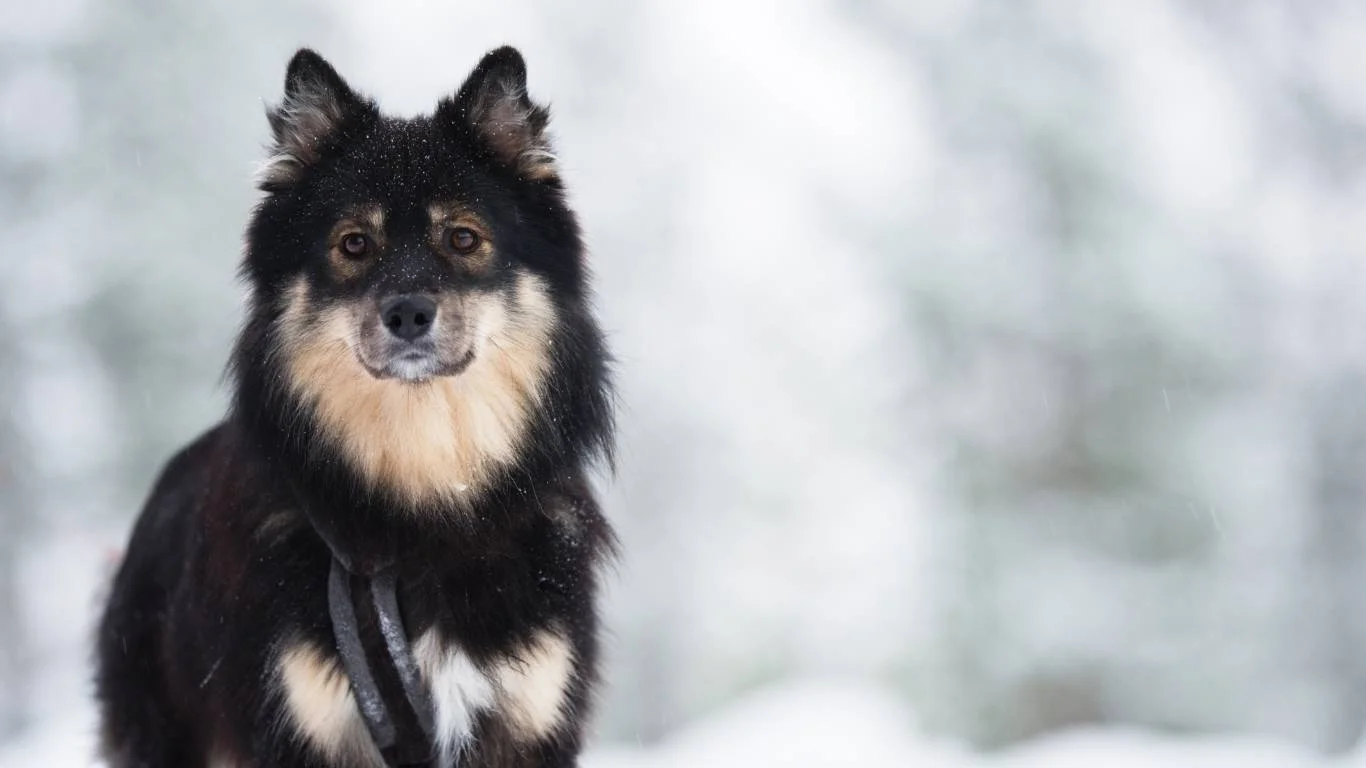
When it comes to dogs’ eyes, their anatomy makes them especially sensitive. Unlike humans, dogs have a more prominent tear film that helps protect their eyes, but that also means they’re more prone to irritation if something goes wrong. When soap gets into their eyes, it can upset the delicate balance of their tear film and cause burning, redness, and excessive watering.
This is why it’s so important to rinse their eyes thoroughly as soon as possible. The quicker you remove the soap from their eyes, the less likely they are to experience long-term irritation.
Choosing the Right Dog Shampoo
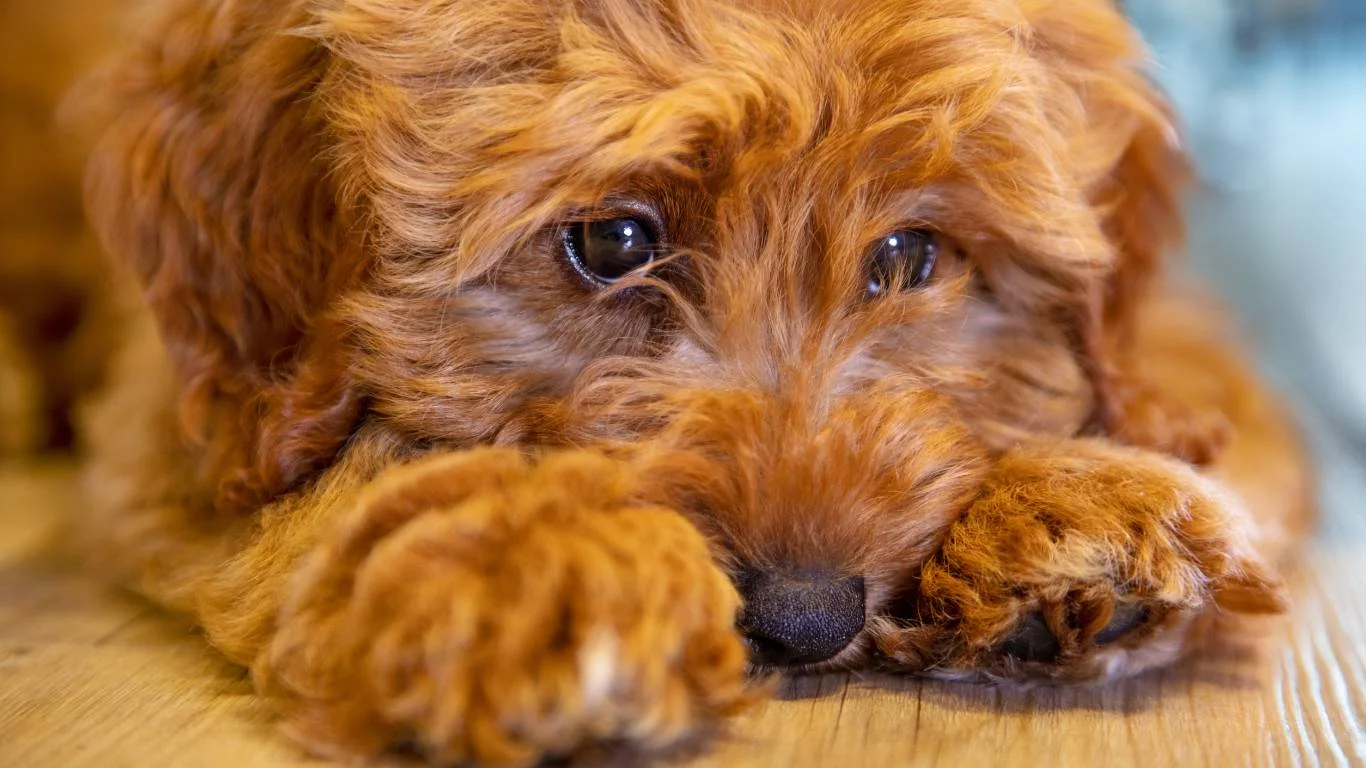
While it’s impossible to predict every little mishap that might happen during bath time, one thing you can do to minimize the risk is to choose the right shampoo for your dog. Opting for a shampoo that’s specifically formulated for dogs, with a gentle pH balance, is crucial. Human shampoos can be too harsh for a dog’s skin and eyes, and this can lead to discomfort, irritation, or even allergic reactions.
In my experience as a Veterinary Assistant, I’ve seen countless cases where dogs suffered from irritated eyes or skin because their owners used human products on them. It’s tempting, especially when you’re out of dog shampoo, but trust me, using the right product can make a world of difference in keeping your dog’s skin and eyes safe.
Look for Hypoallergenic Options
If your dog has sensitive skin, you might want to consider hypoallergenic dog shampoos that are free from harsh chemicals, fragrances, and dyes. These types of shampoos are designed to be gentle on your dog’s eyes and skin and can be especially useful for breeds prone to allergies or sensitivities.
Consider Tear-Free Formulas
Another tip from my professional experience—tear-free dog shampoos are a game-changer! They are specifically designed to be gentle on your dog’s eyes and prevent burning or irritation. While no shampoo is entirely risk-free, tear-free formulas reduce the likelihood of your dog experiencing eye discomfort. It’s always a good idea to look for these formulas if your dog is particularly prone to eye irritation.
Common Mistakes to Avoid When Bathing Your Dog
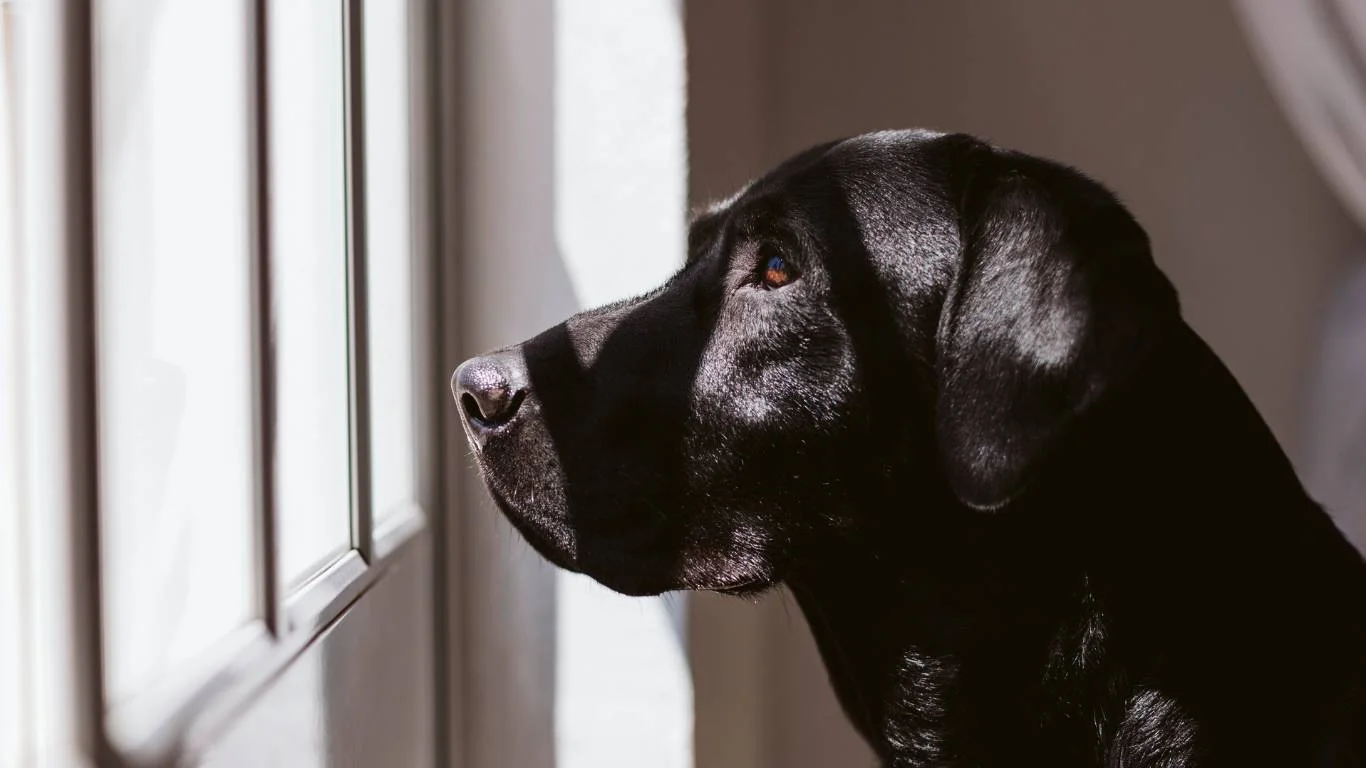
- Not Rinsing Enough: A quick rinse might feel like enough, but soap can linger in your dog’s fur and eyes, continuing to irritate them. Always make sure you rinse thoroughly, especially around the eyes.
- Using Human Shampoo: As mentioned earlier, human shampoos are too harsh for dogs. Stick to products made specifically for them.
- Overbathing: Bathing your dog too frequently can strip their skin of natural oils, leading to dryness and irritation. Try to bathe your dog only when necessary.
- Not Protecting Sensitive Areas: Avoid getting soap directly in your dog’s eyes, ears, or mouth. You can try gently wetting the areas around the eyes or using cotton pads to protect the ears.
Signs of Eye Irritation You Shouldn’t Ignore
After rinsing your dog’s eyes and making sure they’re feeling more comfortable, you might be thinking everything is fine. But it’s important to keep an eye on them—no pun intended! While most dogs will bounce back quickly from a little soap in their eyes, some may experience more severe reactions that require closer attention. Let’s go over the signs that indicate your dog might be experiencing more than just mild irritation.
1. Redness and Swelling Around the Eyes
If your dog’s eyes or the skin around them looks red or swollen after a bath, this could be a sign of more serious irritation. Soap can cause inflammation, and if left untreated, this could lead to even more discomfort or potential infection. I’ve seen plenty of dogs come into the clinic with swollen, watery eyes, and the first thing we do is rinse them out and check for any signs of infection or injury.
So, if you notice redness or swelling, it’s best to schedule an appointment with your vet. They might prescribe an eye ointment or recommend a specific treatment to help with the inflammation. Don’t wait too long, though—if the irritation continues for more than a day or worsens, get your dog checked out by a professional.
2. Excessive Pawing at the Eyes
Dogs are great at communicating when something is bothering them, and one of the most obvious signs your dog’s eyes are irritated is when they start pawing at their face. If your dog can’t stop scratching at their eyes, it’s likely that the soap left some lingering irritation. While it’s normal for dogs to occasionally paw at their eyes, persistent scratching is something to watch out for.
If your dog is pawing excessively, try to keep their paws away from their face. You can gently distract them with a toy or treat to keep them calm and prevent them from causing more damage. If the pawing continues despite your attempts to calm them down, it might be time to visit the vet to rule out anything more serious, like an eye injury or infection.

3. Discharge or Cloudy Eyes
One of the most concerning signs of eye irritation or injury is when your dog’s eyes begin to discharge excessively or appear cloudy. If you notice any unusual discharge (especially if it’s green, yellow, or thick), this could indicate an infection. Cloudy eyes can also be a sign that the soap or shampoo caused damage to the delicate structures of your dog’s eye.
When this happens, it’s a red flag that your dog needs medical attention. Cloudiness or excessive discharge should never be ignored, as it could indicate more serious conditions like conjunctivitis or an ulcerated cornea. In cases like these, your vet will be able to provide the right treatment to clear up the issue and ensure your dog’s vision isn’t impacted long-term.
When to Call the Vet
So, when should you reach out to your vet after your dog gets soap in their eyes? It’s always better to be safe than sorry, and there are a few key signs that indicate it’s time for a professional to take a look at your dog’s eyes. Here’s when to call the vet:
1. Persistent Discomfort
If your dog’s discomfort doesn’t seem to go away after rinsing their eyes and giving them a little time to recover, it’s time to consult with your vet. Dogs are typically pretty good at bouncing back from minor irritations, but if they continue to act as though something is bothering them—rubbing their face, pawing at their eyes, or acting more lethargic than usual—there might be a deeper issue at play.
2. Severe Reaction or Eye Injury
If your dog’s eyes start showing more severe signs of irritation, like intense redness, swelling, or bleeding, you should take them to the vet immediately. A serious injury like a scratch on the cornea can cause permanent damage if not treated quickly. In these cases, a vet will examine your dog’s eyes closely and may provide medications or eye drops to help with healing.
Even if it’s just a small injury, the eyes are delicate, and any damage should be addressed by a professional. Your vet can assess the severity of the injury and offer the appropriate treatment, ensuring your dog’s eyes recover without complications.
3. If Your Dog Develops an Infection
If your dog starts developing any signs of infection in their eyes, such as thick yellow or green discharge, it’s important to get them to the vet right away. Eye infections can cause a lot of pain and can spread if not treated, leading to more severe health problems. Antibiotics or eye drops are often prescribed to help clear up the infection, so don’t hesitate to seek medical help if you notice anything unusual.
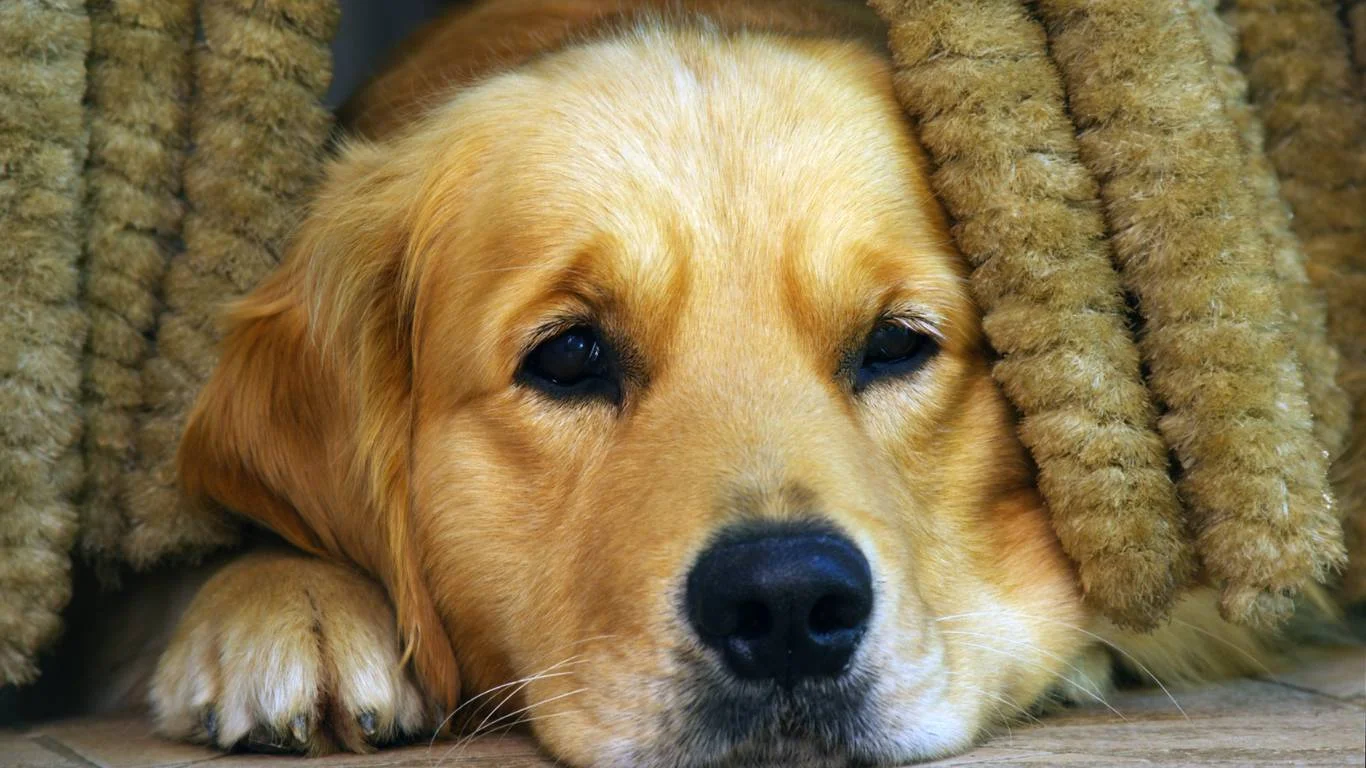
Preventing Future Soap in the Eyes Incidents
Okay, so we’ve covered what to do if your dog gets soap in their eyes, but let’s be real—prevention is always better than cure, right? Here are a few tips to help you avoid this issue in the future:
1. Keep Soap Away from Their Eyes
The easiest way to prevent soap from getting into your dog’s eyes is to be extra cautious during bath time. Make sure to gently wet your dog’s face, but try not to let any shampoo or soap get near their eyes. You can also use a washcloth to clean their face, making sure it stays far from their eyes to avoid any irritation.
2. Use the Right Bathing Technique
When washing your dog, always start from the neck down and avoid getting water or soap in their face. If you need to clean around their face or eyes, do it carefully with a damp cloth or sponge. Some dogs are more sensitive to water on their face, so taking a slower, more cautious approach can help prevent mishaps.
3. Consider Using Dog-Specific Bathing Products
As we’ve mentioned earlier, using the right shampoo can make a huge difference. Choosing gentle, dog-specific, tear-free products can help ensure that if any soap does get near their eyes, it won’t cause irritation. Many brands now offer gentle formulas that are specifically designed to be safe for your dog’s eyes and skin, so keep an eye out for those next time you’re picking up dog shampoo.

4. Create a Calm Bath Time Routine
Dogs are much less likely to squirm or react to soap in their eyes if they feel comfortable during bath time. Create a calm routine that includes praise, treats, and a relaxed environment. If your dog feels secure, they’re less likely to get anxious, which can help make bath time smoother and reduce the chance of accidents.
How to Handle Soap In Your Dog’s Eyes When Bathing Outdoors
Bathing your dog outside can be a great experience for both you and your furry friend, especially if they love the outdoors. But there are a few extra challenges when it comes to outdoor bathing—especially when soap accidentally gets in your dog’s eyes. It’s easy for water pressure to be too strong, or for the process to be more chaotic compared to a calm indoor bath. If you’re washing your dog outside, here’s what you should keep in mind:
1. Be Mindful of Water Pressure
If you’re using a hose or an outdoor shower to wash your dog, it’s important to control the water pressure. Too much water pressure can lead to soap splashing into your dog’s eyes, especially if they’re wriggling or trying to move away. To avoid this, use a gentle stream of water when rinsing around your dog’s head and face. A handheld showerhead or gentle nozzle attachment can be really helpful in regulating the water flow, and it gives you more control over how you rinse your dog’s face.
2. Try Using a Bathing Buddy
Bathing your dog outside can be a fun bonding experience, but it can also get messy. One of the challenges is that your dog may not be as cooperative, especially if they’re not a fan of baths. If your dog tends to squirm, try having a friend or family member help you. You can have one person gently hold your dog in place while the other helps with the rinsing process. This way, you can be extra careful to avoid getting soap near their eyes and keep them calm during the whole bath time.

3. Choose an Outdoor-Friendly Shampoo
When bathing your dog outdoors, it’s essential to choose a shampoo that works well with whatever setup you have. Some shampoos are formulated to work better in outdoor conditions, especially those that foam easily and are easy to rinse off. Plus, using a gentle, dog-friendly shampoo (preferably one that’s tear-free) can reduce the chances of soap getting into their eyes in the first place.
4. Avoid Bathing in Windy Conditions
If you’re bathing your dog outside and it’s a particularly windy day, consider waiting for calmer weather. The wind can blow water and soap into your dog’s eyes much more easily than in a controlled indoor setting. The last thing you want is your dog squinting or pawing at their eyes because of some accidental soap splashes from the wind. Choose a peaceful, calm day when bathing outdoors to make sure you can keep the bath gentle and soap-free around their eyes.
What to Do If Your Dog Develops an Eye Infection
If you’ve gone through the rinsing process and your dog’s eyes are still looking irritated or infected, it’s important to know what steps to take next. As a veterinary assistant, I’ve seen plenty of cases where dogs developed eye infections due to soap irritation or other factors during bath time. An eye infection can be very uncomfortable for your dog, so here’s what you should know about dealing with it:
1. Visit the Vet for Diagnosis
As mentioned earlier, if your dog shows signs of an infection—such as excessive discharge, redness, swelling, or cloudiness in the eyes—it’s crucial to visit your vet for a proper diagnosis. While you can treat mild irritation at home, infections may require medical treatment, such as antibiotics or special eye drops. It’s best to avoid trying to treat a possible infection on your own, as incorrect treatment can lead to further complications.
2. Follow the Vet’s Treatment Plan
Once your vet diagnoses the infection, they will likely give you a treatment plan, which may include prescribed medications like antibiotic eye drops or ointments. Be sure to follow the instructions carefully to ensure your dog’s eyes heal properly. Consistent follow-up visits might also be necessary to make sure your dog’s infection is completely gone.
3. Keep Your Dog Comfortable During Recovery
During your dog’s recovery, it’s important to make them as comfortable as possible. Provide a quiet space for them to rest and keep them calm, especially if their eyes are swollen or sensitive. You might also be advised to use an Elizabethan collar (a “cone of shame”) to prevent your dog from scratching or rubbing their eyes. Although they might not love wearing it, it’s crucial to stop them from further irritating their eyes while they heal.

How to Protect Your Dog’s Eyes During Bath Time
It’s always better to prevent soap from getting in your dog’s eyes in the first place. Here are a few extra precautions you can take during bath time to protect your dog’s sensitive eyes:
1. Use a Washcloth or Sponge for Their Face
When you’re washing your dog’s face, it’s a good idea to use a soft washcloth or sponge to gently wipe away any dirt or debris. Instead of pouring water directly on their face, gently dab the washcloth over their face to avoid any soap getting into their eyes. This method allows you to clean their face without using harsh water pressure or risking soap splashes.
2. Avoid Direct Contact with Soap Near Their Eyes
Try to avoid putting soap directly on or around your dog’s eyes. Instead, focus on the rest of their body and gently wash around their face with water. If your dog’s face needs cleaning, use a specialized dog-safe facial cleanser or rinse their face with clean water after applying soap to the rest of their body. Keeping soap away from their eyes is one of the easiest ways to prevent irritation during bath time.
3. Dry Their Face Gently
After bath time, gently pat your dog’s face dry with a soft towel. Avoid rubbing their face aggressively, as this could irritate their skin and eyes. Patting will help absorb excess moisture without causing discomfort. Make sure to dry the area around their eyes especially well, as lingering moisture can lead to further irritation or infection.
References
For more information on dog eye health and tips on proper pet care, be sure to check out some of these trusted resources:
- PetMD – A great resource for pet care and health advice.
- American Kennel Club (AKC) – Information on all things dog-related, including health, training, and grooming.
- National Institutes of Health (NIH) – Health advice for pets and humans alike.
- Health.com – Articles on general health, including pet wellness.
Disclaimer
While the information provided in this article is based on my experience as a veterinary assistant and general pet care knowledge, it is not a substitute for professional veterinary advice. Always consult with a licensed veterinarian if you have concerns about your dog’s health, especially when it comes to eye irritation or infections. Every dog is different, and a veterinarian can provide personalized recommendations based on your dog’s individual needs.
